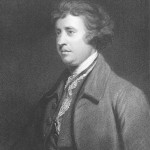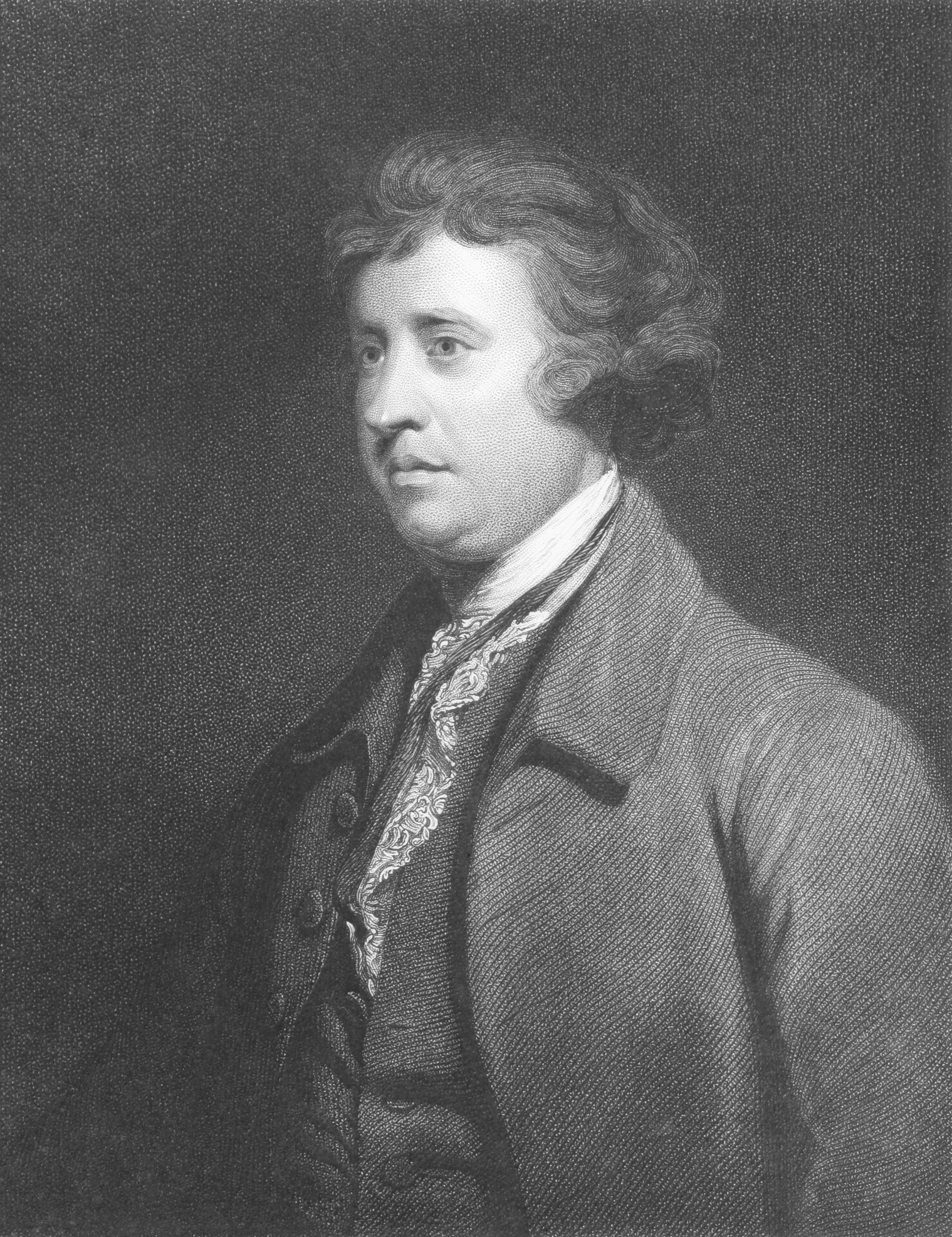
A bit of departure from the typical environmental post here at Conservefewell, but I wanted to share a recent article by Roger Scruton, one of my favorite living philosophers. I often jest that Scruton, known as Britain’s “most famous philosopher,” seems on a solo mission to help save America from her own worst instincts. As he once shared with me, “I love America.” And indeed he does. Being fond of America and Americans as he is, and rather than wait for the Mayflower II to set sail for new horizons, Scruton is working tirelessly to grab our attention and persuade us that our problems are wholly fixable. He is America’s modern-day Alexis de Tocqueville. Americans, but particularly those politically right-of-center, ought listen to this wise Tory’s admonitions.
Scruton has authored a brilliant piece over at First Things, titled “The Good of Government: American Conservatives Need a Positive View of Government.” It’s a compelling argument on the importance of government and appeals to the Burkean elements of conservatism here in the U.S. He offers two cautionary notes: (1) America is drifting dangerously close to European social democracy, fraught with unfixable problems, and (2) Americans should embrace, rather than reject government, as necessary to maintain social order and the liberties we are at risk of losing. My libertarian friends will recoil at the latter. However, according to Scruton, we humans, endowed with rights and duties, are justified in our deep suspicion of government, but we possess an incurable and innate need for stability brought about through government. But enough of my distillation – Scruton writes:
In his first inaugural address, President Reagan announced that “government is not the solution to our problem; government is the problem,” and his remark struck a chord in the hearts of his conservative supporters. American conservatives, called upon to define their position, reiterate the message that there is “too much government.” The seemingly unstoppable expansion of regulations; the increasing control over what happens in the workplace, in the public square, and even in the family; the constant manufacturing of new crimes and misdemeanors, aimed at controlling how we associate and with whom; the attempts to limit First and Second Amendment rights—these developments are viewed by many conservatives with alarm. They seem to be taking America in a new direction, away from the free association of self-governing individuals envisaged by the founders, toward a society of obedient dependents, who exchange their freedom and their responsibilities for a perpetual lien on the public purse. And you only have to look at Europe to see the result.
Like a snow-ball that picks up steam as it rolls down hill, Scruton warns the U.S. of its gradual movement ever closer to the European model:
A kind of hysteria of repudiation rages in European opinion-forming circles, picking one by one on the old and settled customs of a two-thousand-year-old civilization, and forbidding them or distorting them into some barely recognizable caricature. And all this goes with a gradual transfer of economic life from private enterprise to central government, so that in France and Italy more than half of citizens are net recipients of income from the state while small businesses struggle to comply with a regime of regulations that seems designed on purpose to suppress them.
Scruton continues:
Many of those developments are being replicated in America. The welfare state has expanded beyond the limits envisaged in the New Deal, and the Supreme Court is now increasingly used to impose the morality of a liberal elite on the American people, whether they like it or not. These developments add to the sense among conservatives that government is taking over. America, they fear, is rapidly surrendering the rights and freedoms of its citizens in exchange for the false security of an all-controlling state. Those tasks that only governments can perform—defense of the realm, the maintenance of law and order, the repair of infrastructure, and the coordination of relief in emergencies—are forced to compete for their budgets with activities that free citizens, left to themselves, might have managed far more efficiently through the associations of volunteers, backed up where necessary by private insurance. Wasn’t it those associations of volunteers that redeemed, for Alexis de Tocqueville, the American experiment, by showing that democracy is not a form of disorder but another kind of order, and one that could reconcile the freedom of the individual with obedience to an overarching law?
Putting aside our current political dysfunction, Scruton dispassionately defines what government ought to be and what we should strive for:
Government is not what so many conservatives believe it to be, and what people on the left always believe it to be when it is in hands other than their own—namely a system of power and domination. Government is a search for order, and for power only insofar as power is required by order. It is present in the family, in the village, in the free associations of neighbors, and in the “little platoons” extolled by Burke and Tocqueville. It is there in the first movement of affection and good will, from which the bonds of society grow. For it is simply the other side of freedom, and the thing that makes freedom possible.
* * *
When conservatives grumble against government it is against government that seems to them to be imposed from outside, like the government of an occupying power. That was the kind of government that grew in Europe under communism, and which is growing again under the European Union—softer, gentler, perhaps, but also unaccountable. And it is easy to think that a similarly alien form of government is growing in America, as a result of the liberal policy of regimenting the American people according to moral beliefs that are to a certain measure alien, leading them to denounce government tout court. But this would be a mistake, not just about the fundamental human need for government, but also about the American situation as compared with Europe. And because it is a mistake that so many conservatives make, it is time to warn against it.
Scruton is quick to concede that modern government has become “too intrusive, too determined to impose habits, opinions, and values that are alien to many citizens, and too eager to place obstacles in the way of free enterprise and free association.” But those effects, according to Scruton, are not the result of government. “They are the result of the liberal mind-set, which is the mind-set of a substantial and powerful elite within the nation. The business of conservatives is to criticize the ones who are misusing government, and who seek to extend its remit beyond the limits that the rest of us spontaneously recognize. Conservatism should be a defense of government against its abuse by liberals.”
Lots to digest here – I’d encourage all to read his article in its entirety.

